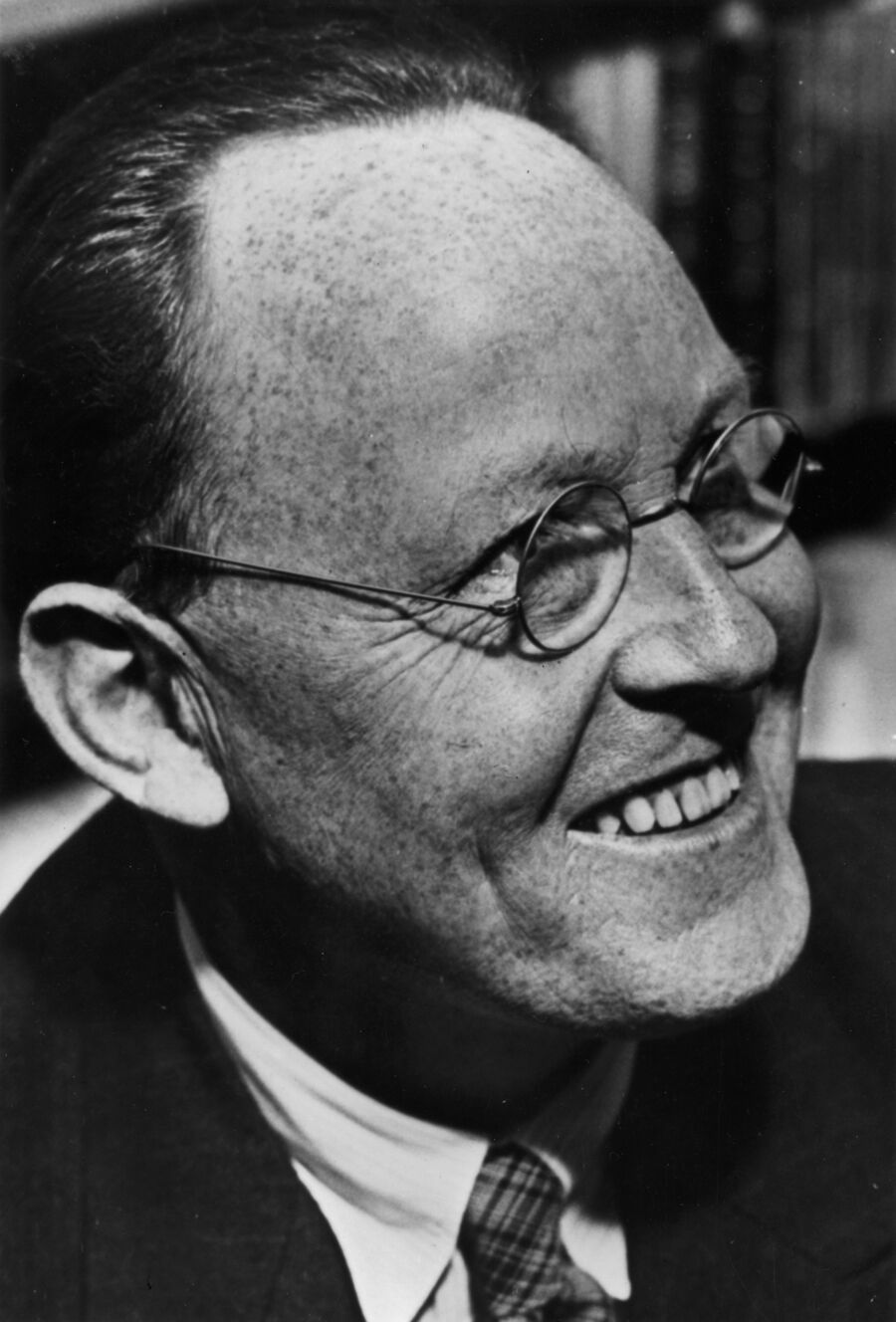Bókmenntagrein
Þýðendur á erlend mál
- Albanska
- Amharíska
- Arabíska
- Armenska
- Aserska
- Búlgarska
- Danska
- Eistneska
- Enska
- Esperanto
- Finnska
- Franska
- Færeyska
- Galisíska
- Georgíska
- Gríska
- Grænlenska
- Hebreska
- Hollenska
- Hvítrússneska
- Ítalska
- Japanska
- Katalónska
- Kínverska
- Kóreska
- Króatíska
- Lettneska
- Litháíska
- Makedónska
- Norska
- Portúgalska
- Portúgalska (brasilísk)
- Pólska
- Rúmenska
- Rússneska
- Serbneska
- Slóvakíska
- Slóvenska
- Spænska
- Sænska
- Taílenska
- Tékkneska
- Tyrkneska
- Ungverska
- Úkraínska
- Þýska
Gunnar Gunnarsson
Gunnar Gunnarsson (1889–1975) grew up in considerable poverty at Valþjofsstadur farm in the Fljotsdalur district of East Iceland. Despite great difficulties, he became one of the most popular novelists in Denmark and Germany. His claim to fame began with his first novel, Af Borgslægtens Historie (translated into English as Guest the One-Eyed), which was published by Gyldendal in 1912-1914 and was filmatised by Nordisk Film in 1919 (the first Icelandic writing ever made into a movie). During the next two and a half decades, Gunnar wrote numerous novels, short stories, poems and plays, in addition to frequent articles as he participated actively in Nordic social discussions. A large number of his books were printed in many countries, though his popularity was concentrated in Denmark and Germany. One of his books, Ships in the Sky, made it to sixth place on the New York Times' bestseller list in 1938. The Good Shepherd (Advent) is the book that has appeared most frequently and is still widely read today.
Works in translation
- Aðventa (Advent) 1931
Arabic (Bokförlaget Dar Al-Muna AB), Bulgaria (ICU Publishing), France (Éditions Zulma), Greece (Kastaniotis Editions), Hungary (Typotex Publishing Ltd), Israel (Carmel Publishing House), Italy (Iperborea S.r.l.), Netherlands (Lebowski Publishers), Portugal (Cavalo de Ferro), Sweden (Bokförlaget Thorén & Lindskog AB)
- Svartfugl (Black Cliffs) 1929
Hungary (Ø Kiadó), Italy (Iperborea S.r.l.), Portugal (Cavalo de Ferro).
